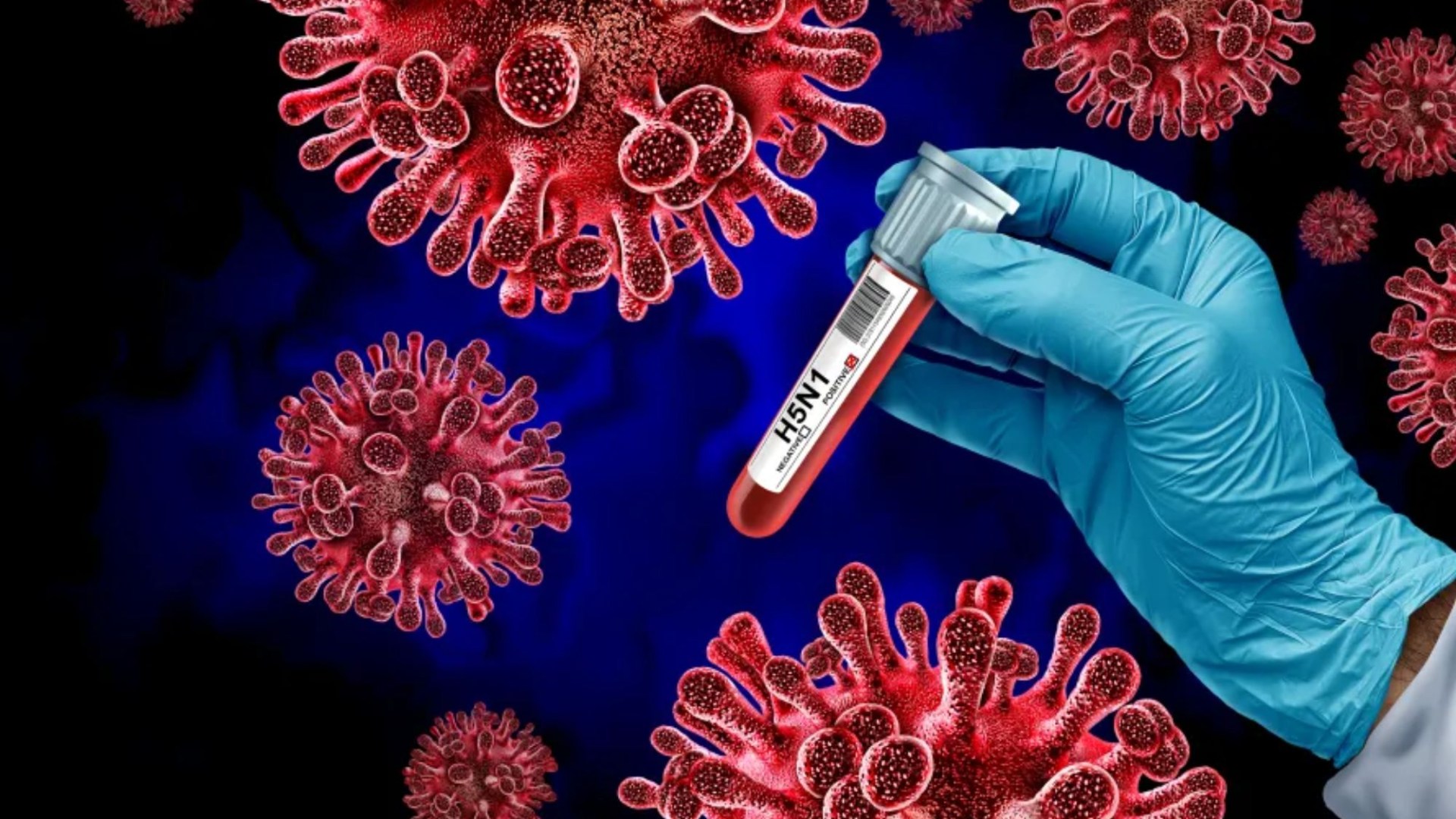Health
Warning Issued Over Bird Flu Outbreak at Cork’s Lough Wildlife Sanctuary

Visitors to the Lough Wildlife Sanctuary in Cork have been advised to avoid contact with sick or dead wild birds following the detection of avian influenza. The Cork City Council announced the outbreak after testing revealed the presence of the virus in several deceased birds at this popular nature site. This warning comes amid a global concern, as avian influenza has led to the deaths of millions of birds worldwide.
The Lough is a well-known destination for walkers, families, and bird watchers, home to various species, including the wintering Northern Shoveler and several rare gulls, alongside ducks, swans, and geese. The area features a circular path that attracts many outdoor enthusiasts, making the presence of the virus particularly alarming for local visitors.
Authorities have emphasized the importance of not touching sick or dead birds, nor handling any feathers found in the vicinity. Additionally, residents are urged to refrain from taking sick wild birds home and to keep pets away from potentially infected wildlife.
Avian influenza is a viral disease that primarily affects the respiratory, digestive, and nervous systems of various bird species, including poultry. It is highly contagious among birds and is classified as a notifiable animal disease. While it can pose a risk to humans and other animals under certain circumstances, such infections are considered rare.
In a statement, Cork City Council noted that the Department of Agriculture, Food and the Marine (DAFM) is responsible for avian influenza testing in Ireland. The council, alongside the Cork Society for Prevention of Cruelty to Animals, is providing expert guidance to the DAFM on managing the cases at the Lough. Intensive monitoring and surveillance of the bird population are currently underway.
The council highlighted that the avian influenza virus can survive in the environment for several weeks. Infected birds’ feces contain high levels of the virus, making it possible for the area to remain infectious even if carcasses are removed.
Public Safety Measures and Reporting
The council has issued clear instructions to the public visiting the Lough. They advise:
– Do not touch sick or dead wild birds.
– Do not handle bird feathers found in the area.
– Keep pets, particularly dogs, on a leash and away from sick or dead birds.
Local residents can report any sightings of sick or dead birds to the city council or the DAFM through the local regional veterinary office. They may also utilize the Avian Check Wild Bird App or contact the National Disease Emergency Hotline for immediate assistance.
Bird flu is primarily transmitted through close contact with infected birds. Risky activities include touching or petting infected birds, handling their droppings or bedding, or preparing infected poultry for consumption. Importantly, the virus is not transmitted through the consumption of fully cooked poultry or eggs, even in outbreak areas.
The World Health Organization has indicated that the risk to humans remains low but urges rapid information sharing among countries to enhance monitoring and preparedness against the virus’s spread. Public awareness and adherence to safety guidelines are crucial in preventing further transmission of avian influenza in the region.
-

 Top Stories3 months ago
Top Stories3 months agoTributes Surge for 9-Year-Old Leon Briody After Cancer Battle
-

 Entertainment4 months ago
Entertainment4 months agoAimee Osbourne Joins Family for Emotional Tribute to Ozzy
-

 Politics4 months ago
Politics4 months agoDanny Healy-Rae Considers Complaint After Altercation with Garda
-

 Top Stories4 months ago
Top Stories4 months agoIreland Enjoys Summer Heat as Hurricane Erin Approaches Atlantic
-

 World5 months ago
World5 months agoHawaii Commemorates 80 Years Since Hiroshima Bombing with Ceremony
-

 Top Stories3 months ago
Top Stories3 months agoNewcastle West Woman Patricia Foley Found Safe After Urgent Search
-

 Top Stories5 months ago
Top Stories5 months agoFianna Fáil TDs Urgently Consider Maire Geoghegan-Quinn for Presidency
-

 World5 months ago
World5 months agoCouple Convicted of Murdering Two-Year-Old Grandson in Wales
-

 World5 months ago
World5 months agoGaza Aid Distribution Tragedy: 20 Killed Amid Ongoing Violence
-

 World5 months ago
World5 months agoAristocrat Constance Marten and Partner Convicted of Infant Murder
-

 Top Stories4 months ago
Top Stories4 months agoClimbing Errigal: A Must-Do Summer Adventure in Donegal
-

 Top Stories4 months ago
Top Stories4 months agoHike Donegal’s Errigal Mountain NOW for Unforgettable Summer Views









